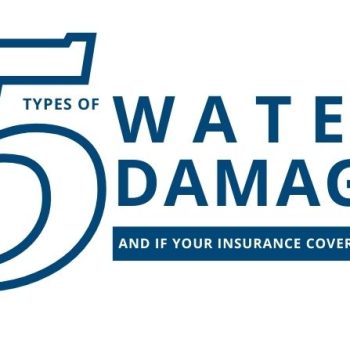6 Ways to Prepare Your Home for the Cold
- Posted by Daniel Simcock
- On November 5, 2021
The cold months can be brutal to your home. When the weather gets colder, your home is more susceptible to damage. Pipes can freeze. Exterior wood can rot. Pests come to roost. Fires can easily start. And unfortunately, the bill to pay for any and all of these repairs can be costly.
Follow these 6 tips to prepare your home for the cold and prevent weather-related damage.
1| Prepare and protect exterior wood.
Exposed to the elements, your home’s exterior can rot and quickly deteriorate. However, there are a couple things you can do to prevent this from happening. Repainting and caulking your exterior is one easy way to prevent wood rot. As well, be sure to inspect, clean, and seal your deck if necessary.
2 | Prepare lawn and lawn equipment.
Before you retire your landscaping tools, you should perform one last sweep of your lawn to make sure everything is in order.
Inspect all surrounding trees for signs of rot. Is the bark peeling off the tree? Has the tree stopped producing leaves? These may be signs that the tree is dying. And dying trees are more likely to topple and cause damage. If this is the case, you should consider cutting these trees.
As well, you’ll want to properly store and maintain your lawn care equipment so they last the winter months. One often overlooked way to maintain your equipment is to drain or burn off all the gasoline in your equipment. Gasoline that sits for over 3 to 6 months can go bad and can potentially harm your equipment.
3 | Maintain proper drainage.
Saturated soil around your home’s foundation can be a problem as it freezes and thaws in the cold. Take steps to drain water away from your house’s exterior.
Before the cold winter months, you’ll want to thorough clean your gutters. Clogged gutters make it difficult for water to travel off your roof. In the winter, this can lead to problems such as ice dams.
If you have any type of irrigation or pool system, you’ll want to shut off and properly drain out these exterior pipes. These pipes are at risk of bursting during the winter if water is left in them. Some irrigation systems are built with self-draining features. But many systems require a professional to drain them with pressurized air.
4 |Prevent your home from becoming a critter hotel.
In the winter, squirrels, birds, mice, and other small animals seek warmth and shelter inside people’s homes. To prevent this from happening, you’ll want to inspect and replace screens between gable vents and fascia. As well, you’ll want to fill in holes and gaps inside and outside your home.
Even small holes leave you at risk! A mouse can find its way through a hole as small as 6 mm. That’s the diameter of the average pen.
5 | Prevent fires and CO poisoning.
Winter is the time when most house fires happen. And because our houses are closed off and less ventilated, CO poisoning is also more common. You’ll want to take steps to prevent fires and CO poisoning.
The easiest thing to do is to test your smoke and carbon monoxide detectors. If your detectors aren’t working properly, you’ll want to replace the batteries or replace the device entirely. Devices usually last about 10 years.
As well, you’ll want to inspect and clean your chimneys if necessary. Creosote can build up in your chimney and catch fire easily if not properly cleaned.
6 | Prepare heating solutions.
Lastly, you’ll want to take action to trap heat inside your home. Houses that dip below 65 degrees for prolonged periods of time are at risk of bursting pipes.
Windows and doors are easy culprits for cold drafts. You’ll want to inspect and replace any damaged weather strips around windows and doors.
As well, you may consider getting your heating system inspected by a professional. An HVAC professional can spot and treat any problems with your system before the cold kicks in. It’s easier (and more comfortable) to fix these problems in temperate weather than cold weather. Nobody wants to be stuck without heat when it’s cold!
We hope we’ve helped you prepare your home for the cold weather. And now we’d like to turn it over to you. Did you learn something new from this article? Or do have a question about your homeowners policy? Leave a comment below or contact us at info@lapointeins.com.


